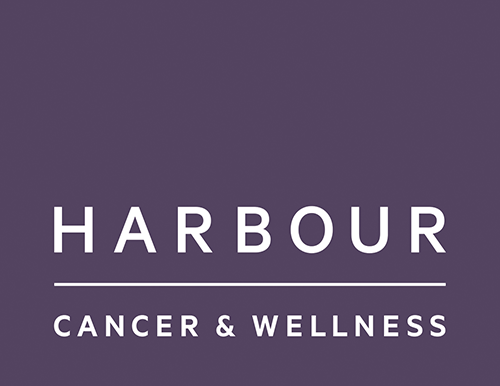Modern cancer treatment has evolved significantly, moving beyond surgery, chemotherapy, and radiation therapy to include immunotherapies, hormone therapy and targeted biological treatments.
Yet while these advances have improved survival outcomes, a cancer diagnosis remains one of the most emotionally and physically disruptive events in a person's life.
Improving quality of life throughout treatment and beyond
At Harbour Cancer & Wellness, wellness services are integrated directly into the cancer treatment pathway to address this disruption holistically.
As Amanda Ashley, a medical oncologist and director of Harbour Cancer & Wellness explains, “Cancer care is no longer just about survival - it’s about improving quality of life throughout treatment and beyond.”
A personalised, evidence-based approach
The integrative wellness therapies at Harbour include physiotherapy, oncology massage, psychological support, and dietary counselling. These services are not peripheral; they are embedded in the patient treatment from the outset to help reduce cancer symptoms.
“Every patient’s pathway is unique. Treatments like chemotherapy, targeted therapy and surgery can produce varied side effects, even among patients with the same cancer type,” says Ashley. “That’s why we use a personalised model, adjusting interventions like massage or nutrition support based on timing within the treatment cycle and the patient’s individual response.”
Recent scientific literature supports this integrative model. For example, studies have found that physical activity can reduce the risk of cancer mortality by 37%. “The evidence is clear, exercise isn’t just safe during treatment; it’s protective,” Ashley notes.
Dispelling myths and supporting the immune system
Ashley emphasises that outdated misconceptions - such as the belief that massage could spread cancer - have been debunked. "Massage therapy is not only safe, but increasingly recognised for its role in supporting immune function and emotional wellbeing during cancer treatment."
Massage also plays a key role in managing lymphoedema, a common complication following cancer-related surgery.
Incorporating relaxation techniques like meditation during massage can further shift patients from a sympathetic 'fight-or-flight' state to a parasympathetic 'rest-and-digest' state, enhancing physiological resilience and emotional regulation - crucial during intensive cancer treatments.
Nutrition, mental health, and multidisciplinary care
Nutrition is another area where misinformation can be harmful. “There is no single anti-cancer diet,” says Ashley. “Our focus is evidence-based dietary support to manage cancer-related symptoms such as nausea, constipation, or unintentional weight changes - not unproven regimens.”
Mental health is also central to Harbour’s wellness approach. Psychological distress can interfere with immune function and adherence to cancer treatment. “Psychologists work closely with patients and their families to provide a safe space to process the emotional weight of diagnosis and treatment,” Ashley explains.
Integration with Harbour’s oncology and haematology teams is critical. Oncologists introduce patients to the wellness team early, facilitating trust and uptake. “Patients are more likely to try something like exercise if the recommendation comes directly from their doctor,” she adds.
A model for the future
The wellness programme at Harbour began in 2019 as a partnership between oncologists and allied health professionals who saw the need for more holistic care when treating cancer. Since then, outcomes have included improved treatment tolerance and fewer reported side effects.
Looking ahead, Ashley expects more evidence of the benefits of integrative cancer treatment to emerge, and more patients and physicians switching on to the approach. “We continuously review emerging research to refine and expand our practice,” she says.
Ultimately, the Harbour model reflects a shift in cancer care and treatment: one that views patients as whole people, not just as cases to be treated. And with the growing body of scientific evidence supporting integrated wellness, the future of treatment is becoming both more effective and more compassionate.
- By Amanda Ashley



